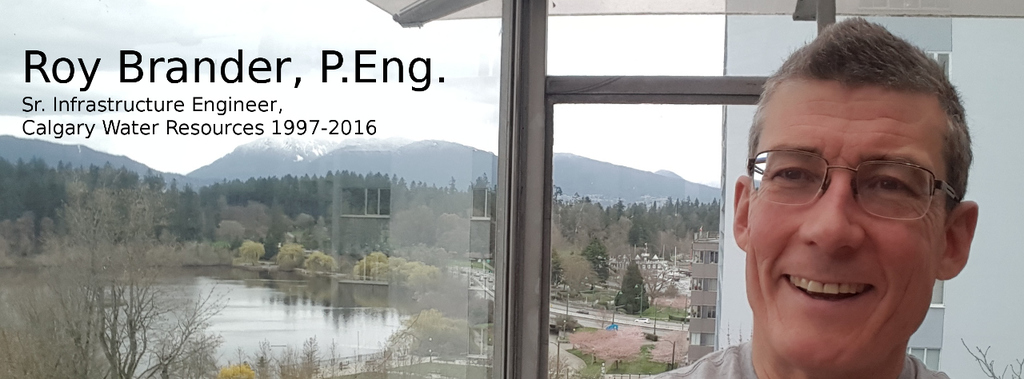I have revived my "Lagoon Cam" hobby fun from the pandemic, to watch over the construction site across the street.
It's just to watch construction, like there's also a HeronCam at the other end of Chilco.
It currently runs 8-17, Monday to Saturday, unless I'm here to shut it off because they've shut down work. A snap is taken every minute, and every tenth one posted up right here. To have it as a link you can check any time, just bookmark this direct link to the photo at left
A future CUUG lecture, I hope; frankly, I need to flesh out the one I'm booked for in January.
One or two things from the project can be found in the Construction Site Cam Directory. Just one sound file image there so far.
Family
Family Fudge Recipe
My mother's mother's grandmother had a candy store in Scotland, a good 160 years ago. (I only know that the grandmother was Helen Aird, daughter of Tom and Jessie Aird, about 1885, in Darvel, south of Glasgow.) This fudge recipe is the single-oldest family heirloom, older than any material object. It comes with explanations of how fudge works - how it sets, which is crucial - and how to test it, time it, beat it at the right moment.
My mother's instructions on this, and examples, were given over and over again; fudge is hard to get right. I came to realize the "oral tradition" was part of the heirloom, passed down for five generations.
Diaries of Ethel Conybeare Brander
My Grandmother's Diaries, Scanned
My father's mother (so, the other one from the fudge recipe) served as a nurse in WW1, and left my father nine volumes of handwritten diaries that will soon go to the Galt Museum and Archives in her home town, Lethbridge. The first seven volumes have been scanned, some 1400 pages, taking us into the thick of WW1, with her just departing for France and nursing the wounded.
Library: My library. Practically a family member.
Pets: Sid and Felix pictures
Work
I had this career with two different disciplines: Civil Engineering, deciding which water/sewer mains to replace; and IT development, mostly of GIS mapping systems. I was able to combine my two science degrees, bringing GIS tools to make for better engineering decisions. I have listed all my papers and examples of designs HERE.
Information Technology
Links to my Calgary Unix Users Group lectures, and my Excel macro free-software contributions, have been moved HERE
Retirement
I retired with five other guys and it was this great party. Still very proud of my Retirement speech I gave for all five.

